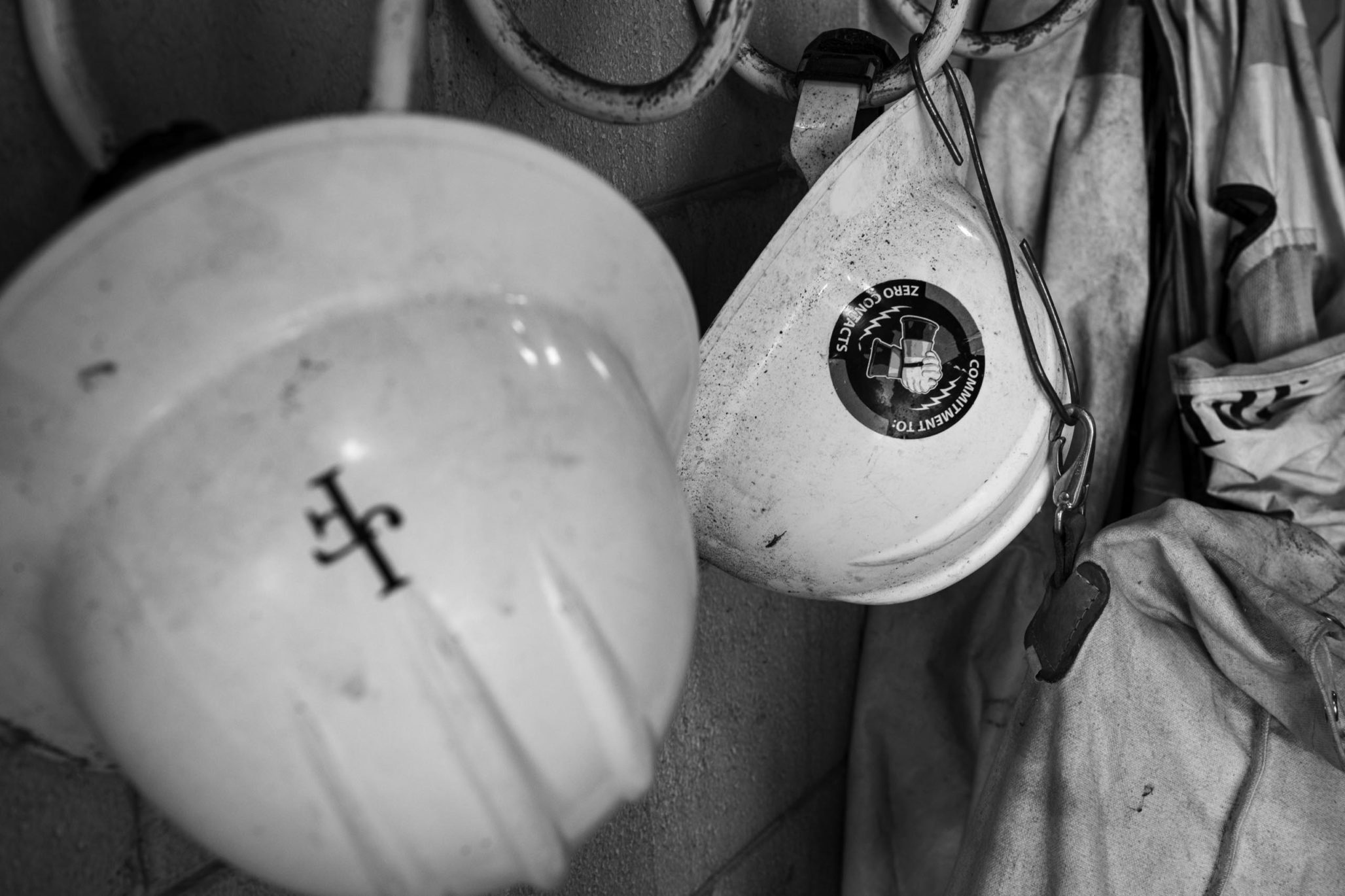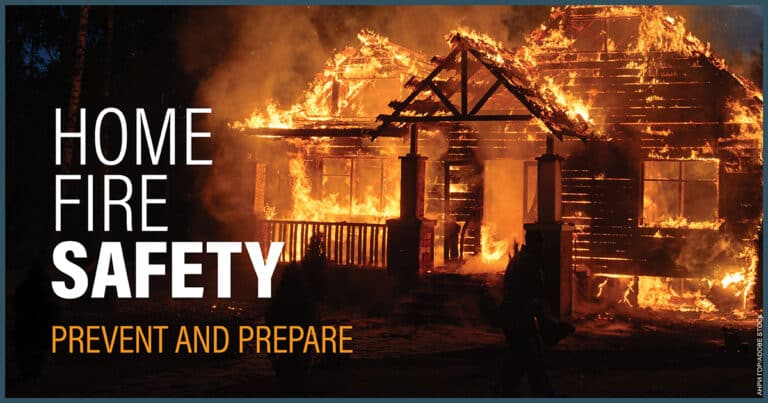Electricity is an essential part of our everyday lives. Because of this, it can be easy to let our guard down when it comes to our safety around it. Jackson Purchase Energy Cooperative encourages you to take steps to keep your family safe and prevent electrical fires.
The Red Cross estimates that after a fire has started, you have just two minutes to escape your home. In order to exit your home safely, education and preparation are your best tools for staying safe. With the two-minute goal in mind, construct and communicate with all family members about an escape plan. Look for two ways to exit each room in the home, practice emergency evacuation plans several times a year, and choose a meeting place outside of the home.
Safe Electricity offers the following checklist to help find possible issues with your electrical system or appliances before they become a fire hazard in your home:
· Electrical outlets – Check for loose-fitting plugs and loose wall receptacles. Replace missing or broken wall plates so wiring and components are not exposed.
· Electrical wiring – Check for loose wires and loose lighting fixtures. Listen for popping or sizzling sounds behind walls. If light switches are hot to the touch or lights spark and flicker, immediately shut them off at the circuit breaker and contact a qualified electrician to make repairs.
· Ground Fault Circuit Interrupters (GFCIs) – Make sure GFCIs are installed in your kitchen, bathrooms, laundry, workshop, basement, garage, and outdoor outlets. GFCIs help protect against electrical shock. Use the test and reset button monthly to ensure they are working properly.
· Plugs – Do not remove the grounding pin (third prong) to make a three-prong plug fit a two-conductor outlet.
· Cords – Make sure cords are not frayed or cracked, placed under carpets or rugs, tightly wrapped around any object, or located in high traffic areas. Do not nail or staple them to walls, floors, or other objects.
· Extension cords – These are not intended as permanent household wiring, so use them on a temporary basis only. If you find you need more electrical outlets, talk to an electrician about installing more so you will not need to use extension cords.
· Circuit breakers/fuses – Check that circuit breakers are working properly. Fuses should be properly rated for the circuit they are protecting.





